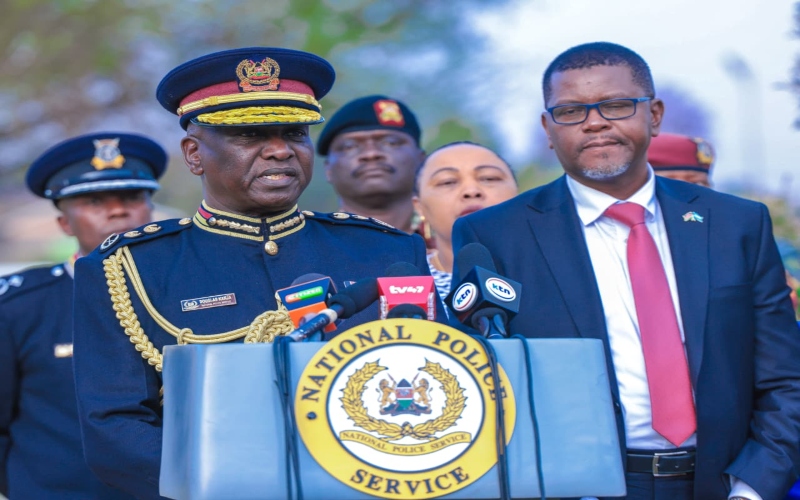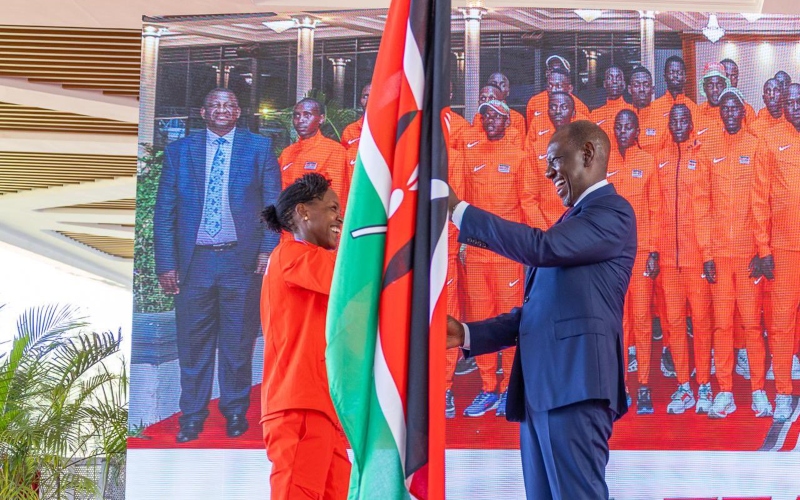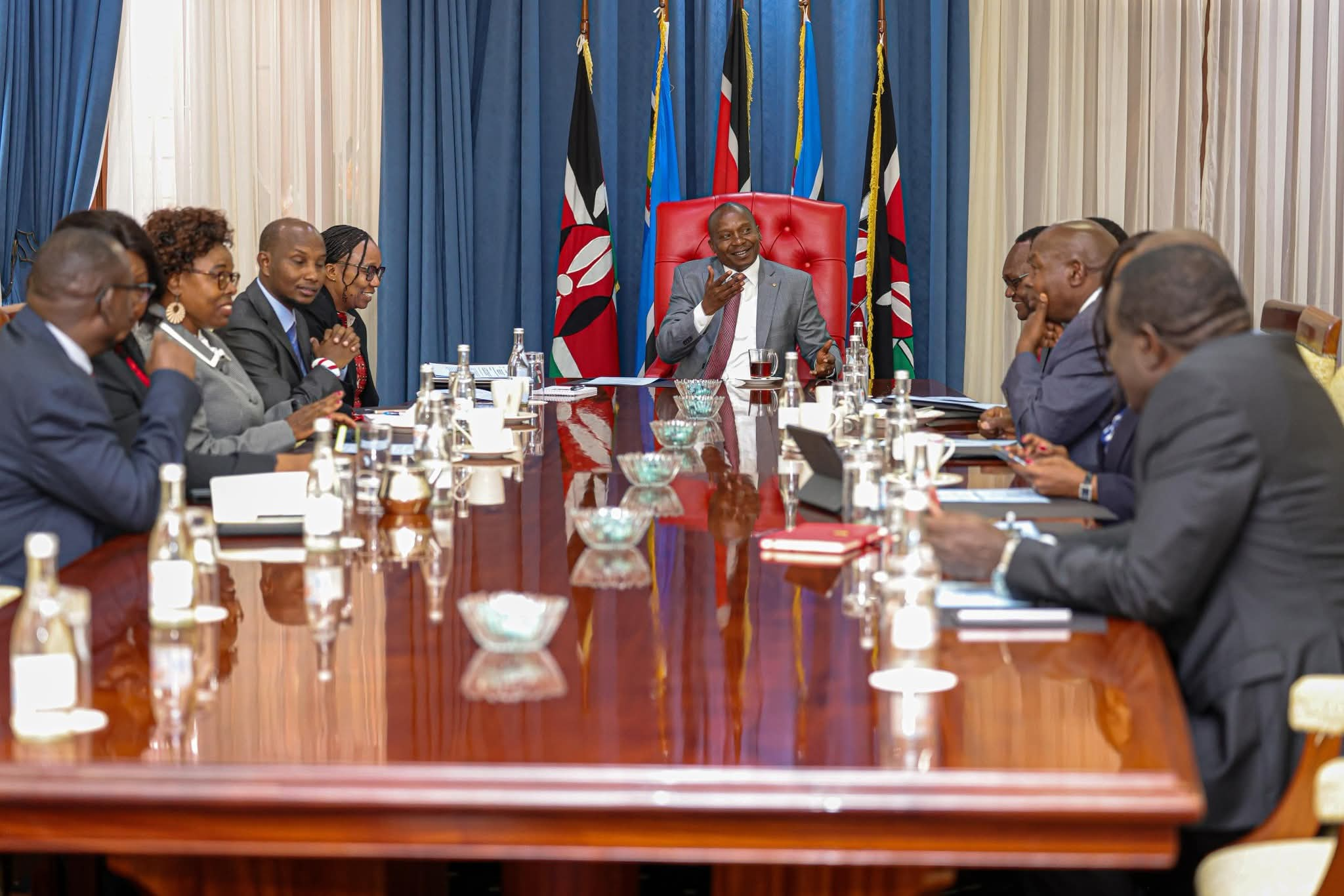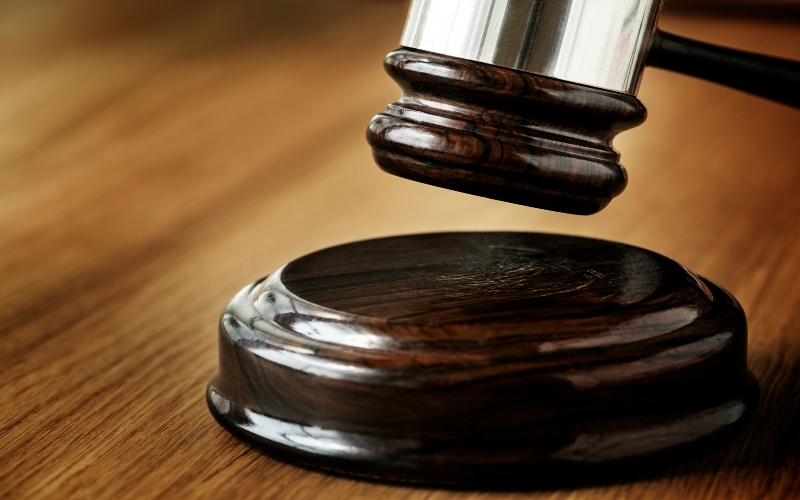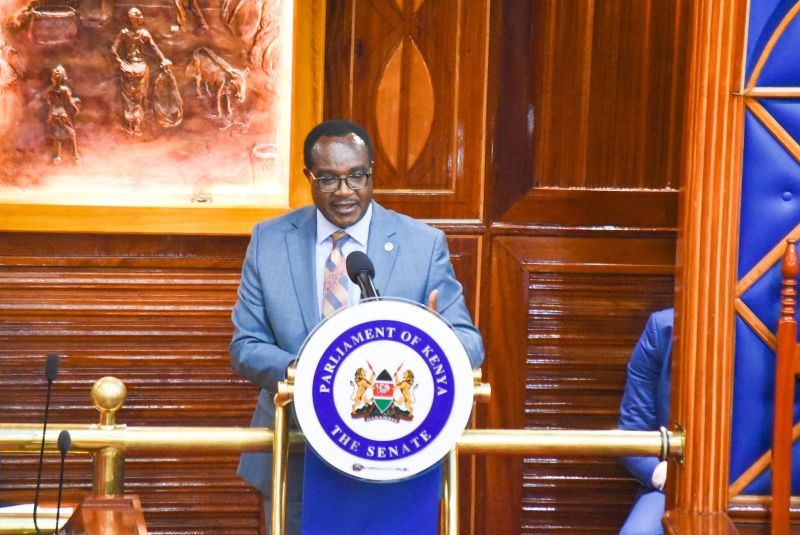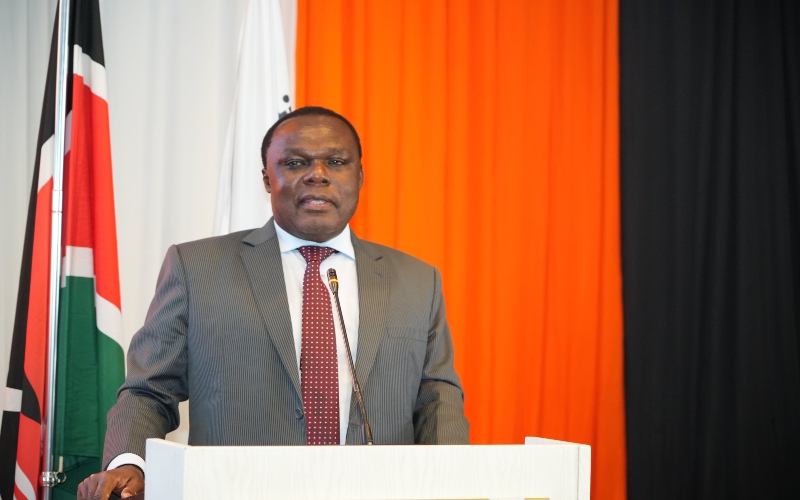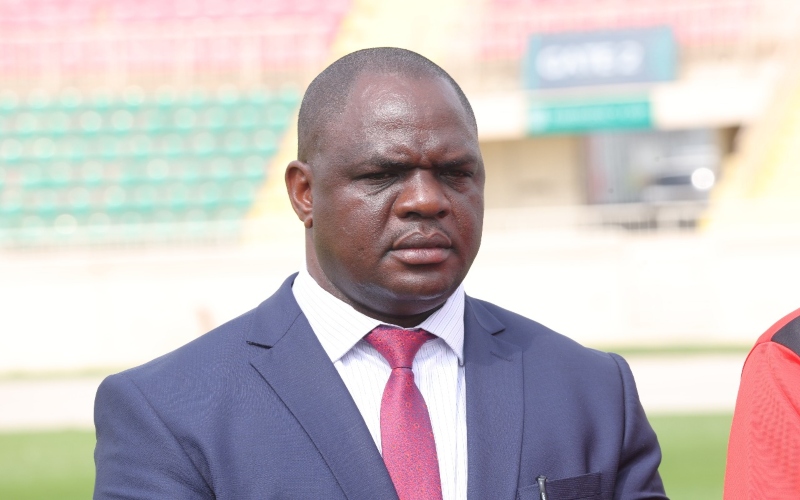Gaza-bound flotillas: All you need to know
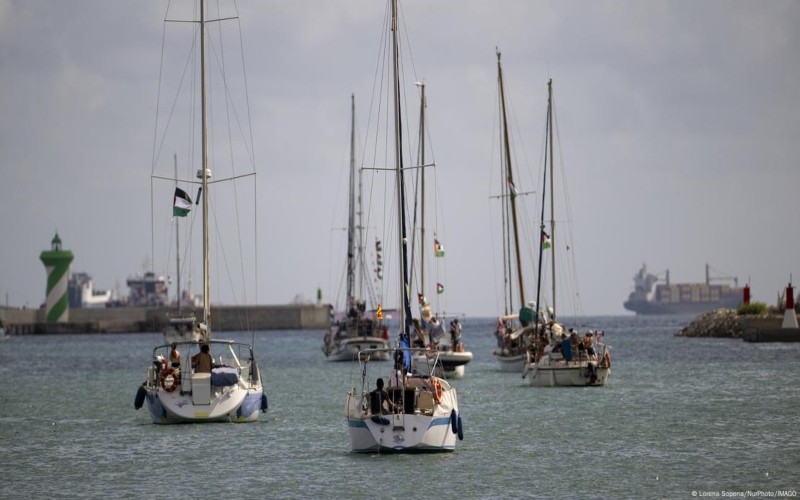
What is the symbolic and political impact of the flotillas en route to Gaza? DW takes a look at the various missions that have tried to reach the shores of Gaza since 2010.
Israel has intercepted several boats belonging to the Global Sumud Flotilla, the most ambitious and largest maritime mission to try to reach Gaza to date.
The flotilla, a fleet of nearly 50 boats carrying humanitarian supplies, set sail from various ports at the end of August. Nearly 1,000 participants, including the Swedish environmental activist Greta Thunberg, former Barcelona Mayor Ada Colau and Irish actor Liam Cunningham, were on board the vessels.
More To Read
- Gaza aid convoy says Israeli warships used cyberattack to disrupt mission delivering food, medicine
- UAE Foreign Minister calls for immediate end to Gaza war during meeting with Netanyahu
- MSF suspends medical services amid intensified Israeli offensive in Gaza City
- South African activists join global flotilla to Gaza, condemn Israeli actions
- Gaza: Four more hospitals shut amid ongoing Israeli offensive
- Middle East: Spain, Italy send navy ships to Gaza flotilla
Thunberg was aboard one of more than a dozen vessels Israel intercepted. Israeli authorities said all the activists on board were safe and being transferred to Israel. The Global Sumud Flotilla said many more boats were still on their way to Gaza.
Israeli forces have thwarted all previous attempts by flotillas to reach Gaza since 2010. Israel argues that the naval blockade, which it set up in 2007 after Hamas took over as Gaza's ruling entity, is necessary to prevent the Islamist militant group, which is categorised as a terror organisation by the US, EU and many others, from importing arms.
In the view of many human rights organisations and NGOs, however, the blockade constitutes collective punishment, which is illegal under international law.
Gaza's already dire humanitarian situation has further deteriorated in the almost two years of war.
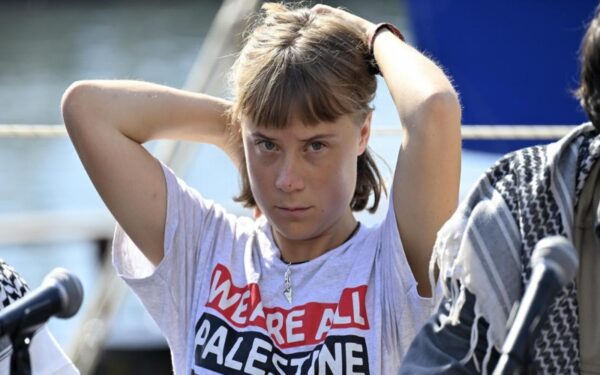 Swedish activist Greta Thunberg. It is her second time aboard a boat en route to Gaza. (Photo: Burak Akbulut/Anadolu/picture alliance via DW)
Swedish activist Greta Thunberg. It is her second time aboard a boat en route to Gaza. (Photo: Burak Akbulut/Anadolu/picture alliance via DW)
UN officials and others have said that as part of its ongoing military campaign, Israel is committing war crimes, including ethnic cleansing and deliberate starvation. Some have warned of genocide and famine. More than 63,000 Palestinians, including at least 20,000 children, are reported to have been killed.
"The activists are trying to send the important message that there is an urgent humanitarian emergency and that the situation requires opposition to Israel's political decision to allow this siege and this famine to happen," Amjad Iraqi, Israeli-Palestinian relations observer at the global non-profit International Crisis Group, told DW.
"This is independent of whether or not this flotilla succeeds in reaching Gaza," he adds.
What are the flotillas for?
The Global Sumud Flotilla is estimated to be transporting around 300 tons of essential supplies, such as food, drinking water, and medicine.
"The goods on these flotillas do not meet the needs of the Palestinians in Gaza, but they draw international attention to what is happening in Gaza," Nathan Brown, professor of political science and international affairs at George Washington University, told DW.
"Another effect, although maybe a little bit less significant, is that it communicates to the Palestinian population that they're not being ignored," he said.
Brown added that there was an enormous amount of frustration among Palestinians who feared that the post-World War II international rules-based order was for others but not for them.
Meanwhile, European criticism of Israel's ongoing war on Gaza is growing. Officials in Spain, France, Slovenia and other countries have called Israel’s humanitarian blockade "unbearable."
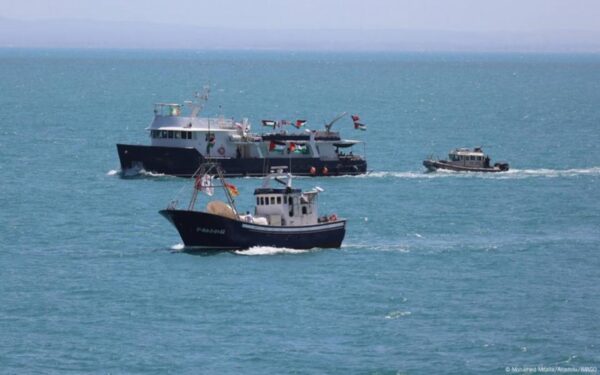 The flotilla reported being targeted by Israel during a recent stop in Tunisia (Photo: Mohamed Mdalla/Anadolu/IMAGO via DW)
The flotilla reported being targeted by Israel during a recent stop in Tunisia (Photo: Mohamed Mdalla/Anadolu/IMAGO via DW)
"What Israel is viewed as doing is not simply making war in Gaza, but actually deliberately inducing famine, which would be a clear war crime," Brown told DW. "The widening gap between supporters and critics is something this current flotilla looks to bring greater attention to," he concluded.
Israel rejects the criticism. "The Israeli government argues that they are letting enough food in, that what is getting through is being stolen by Hamas, that flotillas are just a publicity stunt by people who hate Israel and that this is the only current conflict in which one party is expected to feed the other," Brown said.
He added that this viewpoint had been repeated by US diplomats. US President Donald Trump continues to be a firm supporter of Israeli Prime Minister Benjamin Netanyahu's policy on Gaza.
What happened to the other flotillas?
In 2008, a year after Hamas started ruling the Gaza Strip, several flotillas made it to Gaza as Israel had not yet fully enforced its naval blockade. However, by mid-2009, Israel began intercepting all boats and denied further access by sea to Gaza. Since 2010, no flotilla has reached Gaza.
On May 31, 2010, Israeli forces stopped six civilian boats of the Gaza Freedom Flotilla in what became known as the Mavi Marmara raid. Israeli forces opened fire on the Turkish-owned passenger ship, killing 10 Turkish pro-Palestine activists.
The Israeli navy later claimed that it acted in self-defence, but its action came under widespread international criticism. Diplomatic relations between Israel and Turkey deteriorated until Israel issued a formal apology in 2013 and agreed to pay $20 million (Sh2.59 billion) in compensation to the victims’ families in 2016.
A 2011 initiative called Freedom Flotilla II never set sail from Greece due to a combination of political pressure, technical sabotage, and legal obstacles. As a consequence of Israeli pressure, Greece banned flotilla vessels from departing to Gaza, citing security and diplomatic concerns.
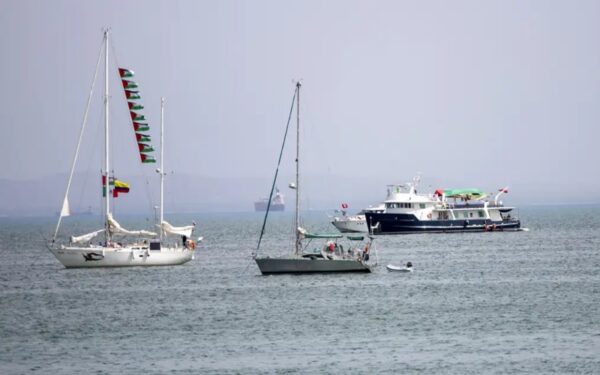 Pro-Palestinian activists are hoping to break the Israeli blockade on the Gaza Strip to deliver humanitarian aid [Photo: Str/AP Photo/dpa/picture alliance via DW)
Pro-Palestinian activists are hoping to break the Israeli blockade on the Gaza Strip to deliver humanitarian aid [Photo: Str/AP Photo/dpa/picture alliance via DW)
In October 2016, the Women's Boat to Gaza, a flotilla carrying women activists, was also intercepted before it reached Gaza.
In 2018, Israeli naval forces intercepted and seized two ships belonging to the Just Future for Palestine Flotilla, first the Al Awda on July 29 and then the Freedom on August 3. According to some on board, Israeli forces assaulted some of the activists, who were later deported from Israel.
Two flotillas that left earlier this year and the current Global Sumud are described as Freedom Flotilla missions.
Thunberg was already among the participants in the Madleen Mission, which set sail in June. She was detained after Israeli forces intercepted the boat and deported with others.
In July, activists on the Handala mission were arrested after their ship was intercepted and seized in international waters off Gaza.
Top Stories Today
